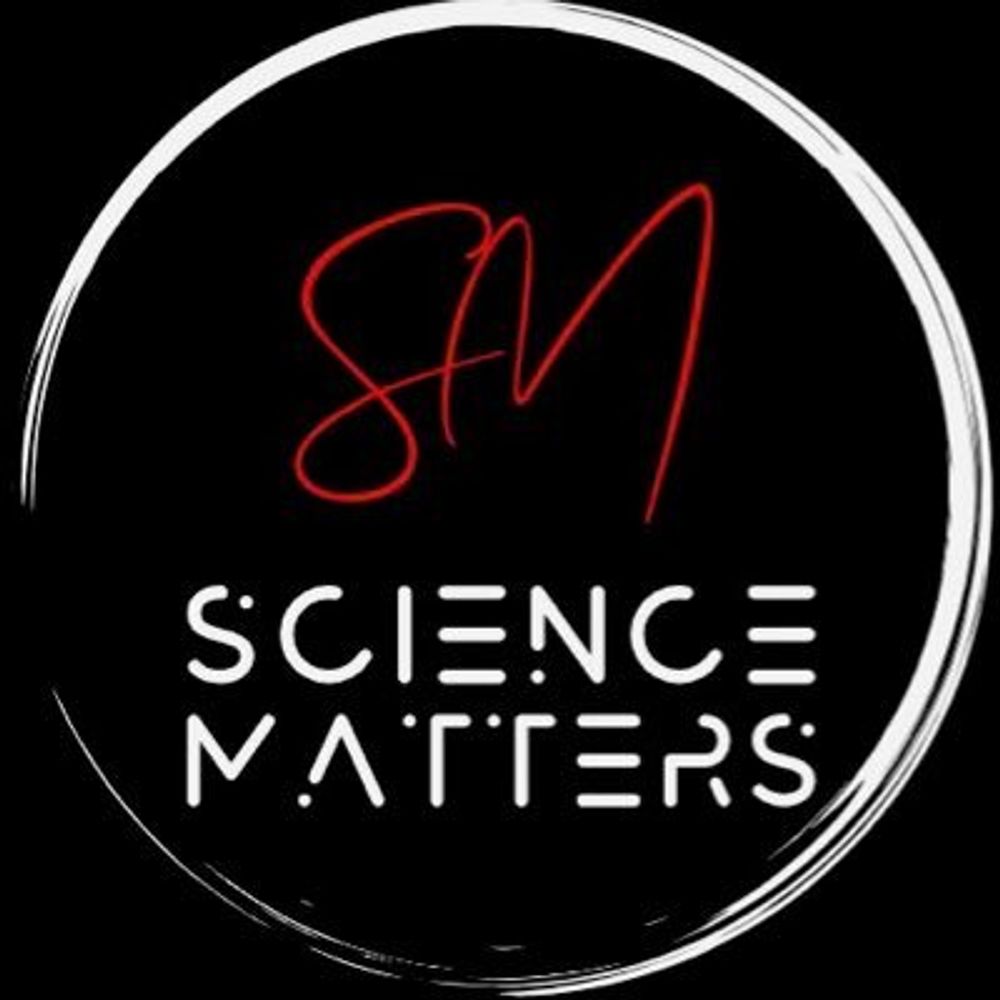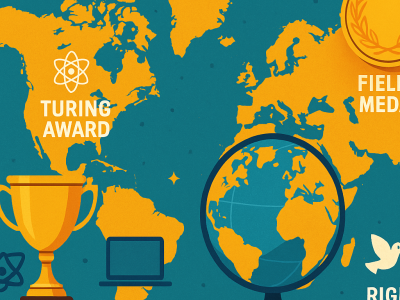In 1911, Marie Curie became the first person to win two Nobel Prizes in different scientific fields. Today, her legacy continues through one of the most prestigious funding opportunities for researchers—the Marie Skłodowska-Curie Actions (MSCA) Postdoctoral Fellowships. If you are an ambitious researcher looking to advance your career in a top-tier institution, this fellowship could be your gateway to international recognition.
The European Commission has announced a budget of €274.63 million for the 2025 MSCA Postdoctoral Fellowships, providing funding to exceptional postdoctoral researchers worldwide. These fellowships offer a unique chance to work in cutting-edge research environments, fostering innovation and cross-border collaboration. With the application window opening on 8 May 2025 and closing on 10 September 2025, potential candidates must start preparing now.
The science behind the surge
Unlike many other research grants, MSCA fellowships emphasize international, interdisciplinary, and inter-sectoral mobility. Successful applicants receive a living allowance, a mobility allowance, and additional support for family or special needs.
The funding covers research, training, and networking activities, ensuring that postdoctoral researchers gain valuable skills beyond academia. The scheme is designed to support reintegration into Europe, provide opportunities for displaced researchers, and encourage non-academic collaborations.
In the 2024 round, only 16.6 percent of the 10,360 applicants were awarded funding, highlighting the competitiveness of this fellowship. Among those selected, 43.8 percent were female researchers. The highest number of applications came from the social sciences and humanities (22.94 percent), followed by life sciences (20.93 percent).
Step 1: Determine eligibility and research alignment
Before investing time in the application, it is crucial to verify eligibility. Applicants must hold a PhD at the time of the application deadline. Those who have defended their doctoral thesis but have not yet received their formal PhD certificate are also eligible.
Candidates must have a maximum of eight years of research experience post-PhD. However, career breaks and research conducted in third countries do not count toward this limit for EU nationals or long-term residents looking to reintegrate into Europe.
Applicants must also adhere to strict mobility rules. For European Fellowships, researchers must not have resided or worked in their host country for more than 12 months in the 36 months before the deadline. For Global Fellowships, the same rule applies to the outgoing host institution.
Step 2: Choose between European and Global Fellowships
The MSCA Postdoctoral Fellowships offer two primary tracks: European and Global Fellowships.
European Fellowships are open to researchers of any nationality who wish to conduct research in an EU Member State or a Horizon Europe Associated Country. The duration of these fellowships ranges from 12 to 24 months.
Global Fellowships are specifically for European nationals or long-term residents. These fellowships require an outgoing phase of 12 to 24 months in a non-associated third country, followed by a mandatory 12-month return phase to an institution in Europe.
Step 3: Find a host organisation and supervisor
Selecting the right host organisation is critical to a successful application. Universities, research institutions, businesses, and SMEs in EU Member States or Horizon Europe Associated Countries can act as hosts.
Candidates are advised to leverage their professional networks or use resources such as Euraxess and MSCA Matchmaking platforms to find suitable host institutions. Some organisations post hosting offers specifically for MSCA applicants.
Once a host is identified, applicants must work closely with their prospective supervisor to develop a compelling research proposal.
Step 4: Develop a strong research proposal
A well-structured proposal is essential for securing funding. The proposal must demonstrate scientific excellence, innovation, and feasibility while aligning with the goals of Horizon Europe.
Key components of the proposal include:
- Research objectives and expected outcomes
- Methodology and project feasibility
- Training and career development plan
- Ethical considerations
- Dissemination and impact strategy
In addition to scientific merit, evaluators consider open science practices, gender balance, and sustainability efforts in line with the MSCA Green Charter.
Step 5: Seek expert feedback
Successful applicants often seek feedback from previous MSCA fellows, supervisors, and National Contact Points (NCPs). The Marie Curie Alumni Association also provides valuable guidance.
Many institutions conduct internal reviews before submission. Participating in mock evaluations and proposal-writing workshops can significantly improve an application’s competitiveness.
Step 6: Submit the application on time
Applications must be submitted through the Funding and Tender Opportunities Portal before 10 September 2025, 17:00 CEST. Since technical issues and last-minute errors can jeopardize submission, applicants are advised to upload their proposals well in advance.
The evaluation process takes approximately five months, with results expected in February 2026. The earliest project start date is anticipated to be April 2026.
The MSCA Seal of Excellence: A second chance for high-scoring applicants
Given the highly competitive nature of the fellowship, many strong applications do not receive funding due to budget limitations. Those scoring 85 percent or higher receive the prestigious MSCA Seal of Excellence, which helps secure alternative funding from national or regional schemes.
In 2024, 2,939 applicants were awarded this certificate, with host organisations in 30 countries. The United Kingdom led the list with 600 Seal of Excellence awardees, followed by Spain (373), Italy (360), France (282), and Germany (263).
Why researchers should apply
The MSCA Postdoctoral Fellowships are more than just financial support; they offer global recognition, access to world-class research facilities, and opportunities to collaborate across disciplines. Past fellows have leveraged this experience to secure tenure-track positions, industry collaborations, and leadership roles in academia. With generous funding, international exposure, and long-term career benefits, this opportunity is not to be missed.
As the application deadline approaches, researchers should begin networking, refining proposals, and gathering essential documents. The next few months will be critical for those aspiring to join the ranks of MSCA fellows.
Are you ready to take your research to the next level? Start your MSCA journey today.







